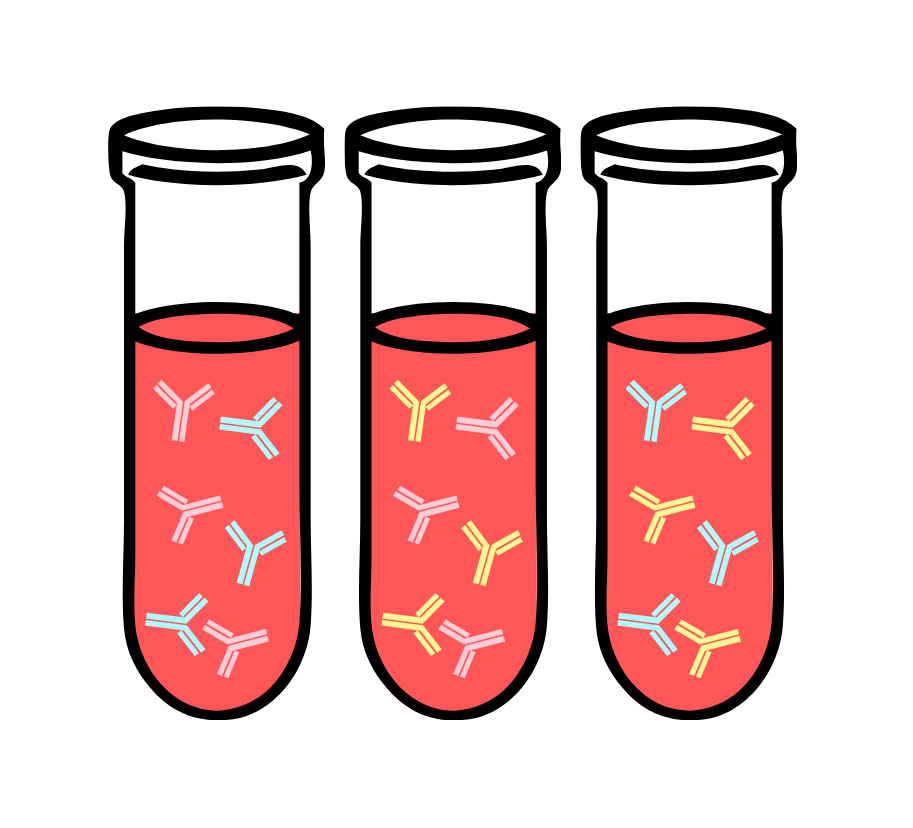Gastric Autoantibodies Associated with Elevated Gastric Cancer Risk in Women
, by Elise Tookmanian, Ph.D.
A new study finds that the presence of antibodies to specific stomach cells, an indication of autoimmune gastritis, is associated with elevated risk of gastric cancer in young women. The results were published in JAMA Oncology in December 2021.
Despite the declining prevalence of Helicobacter pylori (H. pylori) infection, the main risk factor for gastric cancer, in recent years, rates of gastric cancer have been unexpectedly rising in younger people in the U.S. and other countries. Research fellow Minkyo Song, M.D., Ph.D., and senior investigator Charles Rabkin, M.D., in the Infections and Immunology Branch and colleagues in the Division of Cancer Epidemiology and Genetics asked whether autoimmune gastritis, which has been associated with gastric cancer but is also underdiagnosed, might be responsible for this change in incidence patterns.
The researchers looked for antibody evidence of H. pylori infection and autoimmune gastritis in blood samples from two Finnish cohorts, one comprised of younger women (mean age 30.5, born 1938-1989) and the other of older men (mean age 57.5, born 1916-1939). Both groups had the expected association between antibodies to H. pylori and the risk of gastric cancer. Among women who did not show evidence of H. pylori infection, antibodies to gastric parietal cells (evidence of autoimmune gastritis) were associated with cancer risk. The investigators also found a weak association between antibodies to parietal cells and gastric cancer in the cohort of men, but it was not statistically meaningful. In support of the role of autoimmune gastritis in the etiology of gastric cancer, the association between the presence of parietal cell antibodies and cancer risk in the cohort of women was greatest for cancer located in the upper regions of the stomach, where parietal cells are located. The researchers estimated that eight percent of gastric cancer cases could be attributed to autoimmune gastritis, the first time such an estimate has been attempted. By differentiating between gastric cancer cases potentially caused by H. pylori infection and autoimmune gastritis, this study suggests that autoimmune gastritis may account for the recent rise in gastric cancer cases in younger people.
The presence of another stomach autoantibody to gastric intrinsic factor was only mildly associated with gastric cancer risk in both cohorts. Despite being a more specific indicator of autoimmune gastritis, antibodies to gastric intrinsic factor were rare in both groups, perhaps explaining why the association was not very strong.
To explain the observed differences between the two cohorts, the researchers note that autoimmune disorders are more common in women and people born more recently. Overall, the cohort of women is potentially more informative about the current trends in gastric cancer. The researchers hope to explore this question in more diverse cohorts in the future.
Reference
Song M, Camargo MC, Katki HA, et al. Association of Antiparietal Cell and Anti-Intrinsic Factor Antibodies With Risk of Gastric Cancer. JAMA Oncol 2021.
